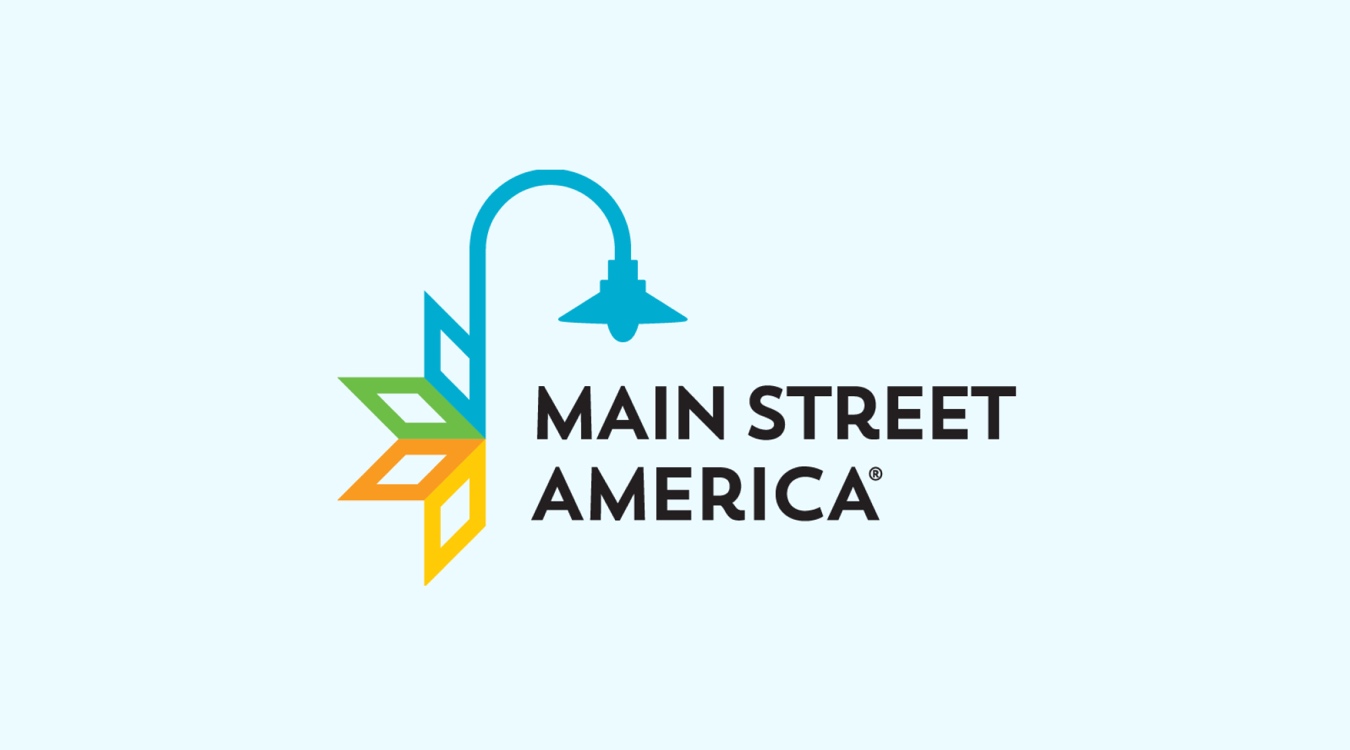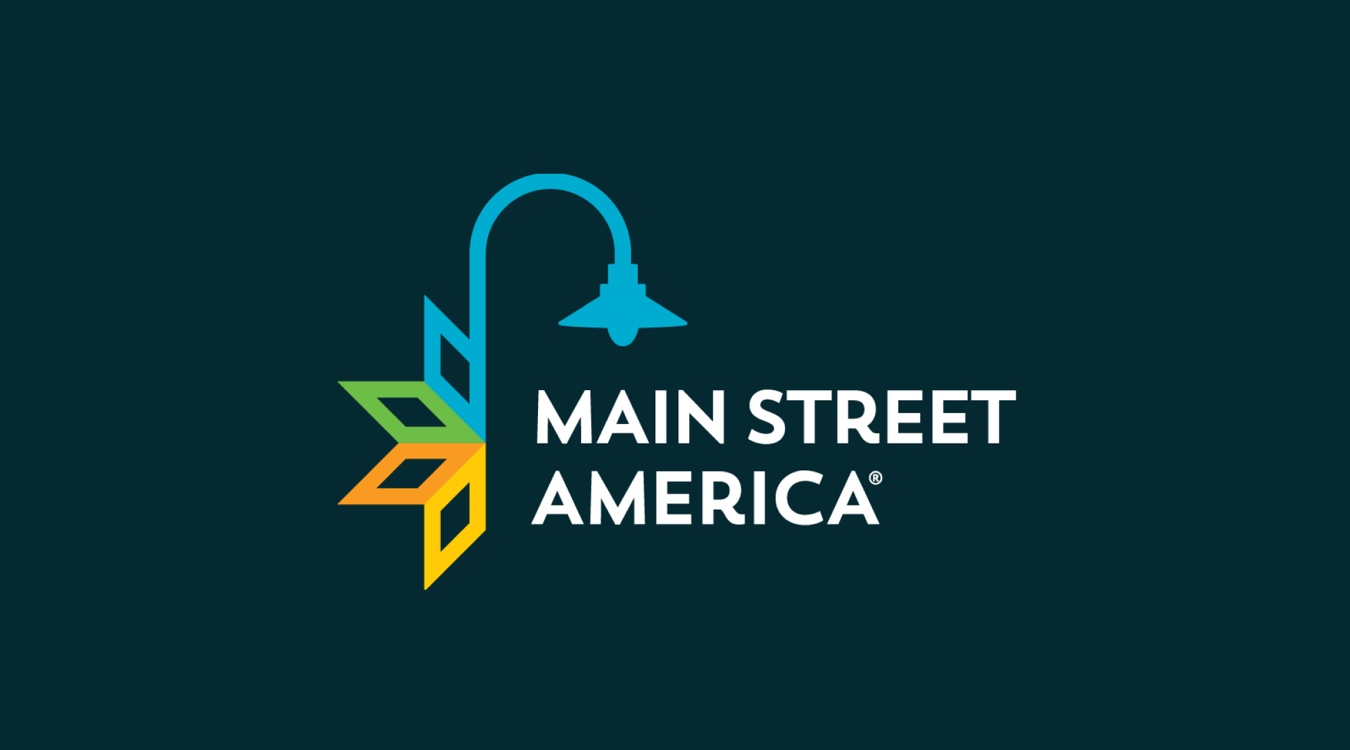Transformation strategies are a powerful tool to help Main Streets identify, utilize, and promote their unique assets. Main Street America (MSA) works with Coordinating Programs to offer training that supports Main Streets as they identify an appropriate transformation strategy. Jackie Swihart spoke with Abby Huff at Indiana Main Street (IMS) about their recent experience utilizing our transformation strategies workshops.
Why did IMS decide to engage with MSA to support local Main Street programs in their strategy identification efforts?
With the introduction of the new Main Street Community Evaluation Standards that required our communities to have a transformation strategy, IMS wanted to make sure we set our organizations up for success. So, in 2022 and 2023, we contracted with MSA to lead transformation strategy workshops for all our nationally Accredited Main Street and those Indiana Accredited Main Street organizations that are looking to become nationally Accredited in the next couple of years.
What is a Transformation Strategy Identification Visit? How would you describe it in simple terms?
Over one-and-a-half days, district stakeholders and community members engaged in feedback that is focused on what the community currently likes about their Main Street district and where they want to see improvements. From that data, MSA and IMS work together to develop a strategy that is based on current strengths and wanted improvements. We present it to the organization and start the process of taking their current workplans and tweaking them to align with the transformation strategy.
What were some of the most significant challenges faced before, during, and after the visits, and how were they overcome?
Challenge #1 – Survey distribution to all sectors of the community prior to the visit.
Communities got creative with the different ways they distributed the survey. Some partnered with other organizations, like a conventions and visitors bureau or public library, to help get the word out through their social media channels. Main Street organizations printed QR codes on posters, bag fliers, and in other print materials. Some also used event stations so that individuals could take the survey on-site.
Challenge #2 – Getting individuals to stakeholder meetings, especially property owners and business owners.
Main Street organizations made personal asks to individuals, instead of just sending out generic emails. They also set up virtual options, so that even if the stakeholder couldn’t be there in-person, they could still attend.
Challenge #3 – Getting the board to “buy-in” to the strategy, and then begin to promote and use the strategy to the community.
MSA and IMS were available to provide assistance as participating Main Streets adjusted their current workplans. We also reminded them that even though we presented the strategy we recommended, they could tweak it to what best fit their organization, as long as they kept in mind the stakeholder feedback and market data.

















































































































































